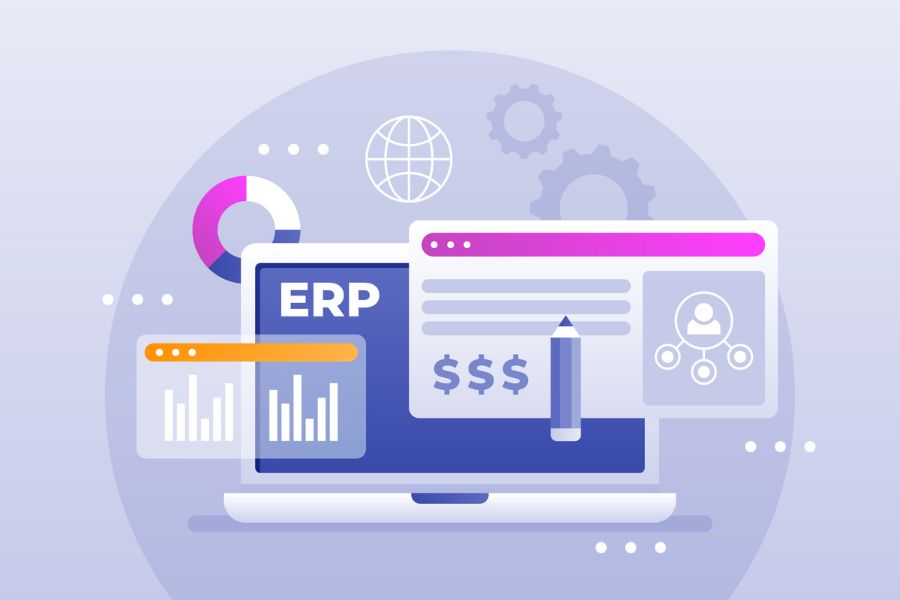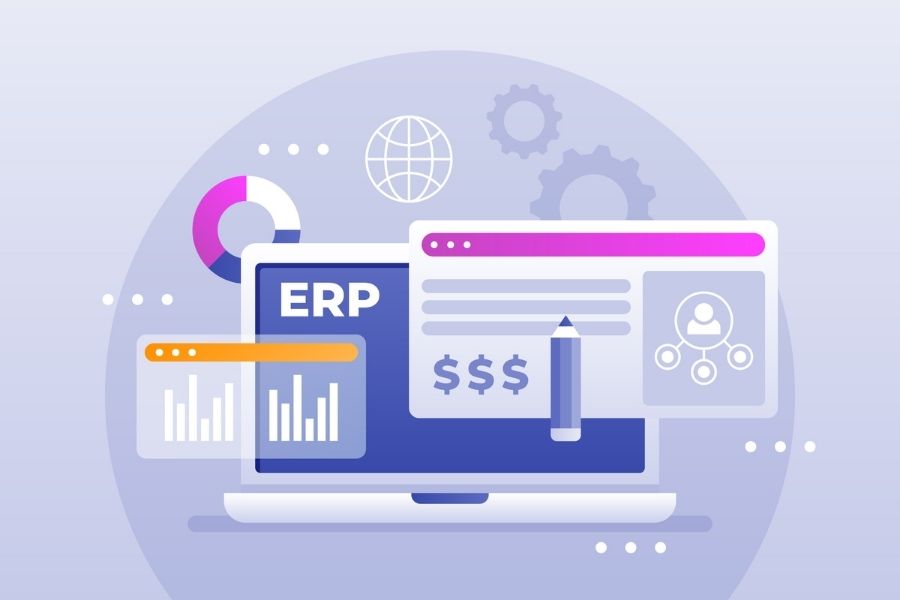Are you seeking a solution that can manage your finances and accounts effectively? You can consider and compare NetSuite vs QuickBooks using this guide.
Overview of NetSuite vs. QuickBooks
NetSuite ERP
One of the top cloud-based software packages is called NetSuite ERP, and it provides services to manage the business operations, financial management, and client interactions of small, mid-sized, and large companies.
The suite includes a wide range of modules that aid in the establishment and management of various business goals, such as ERP (Enterprise Resource Planning), CRM (Customer Relationship Management), PSA (Professional Services Automation), HCM (Human Capital Management), E-commerce, Retail, and Manufacturing.
QuickBooks
The accounting software program QuickBooks, which was introduced by Intuit in 1992, aids firms in document management and bookkeeping. Despite the fact that QuickBooks has expanded to serve a variety of business functions outside of accounting, it has a limited feature set and cannot scale for all types of businesses.
How about NetSuite vs QuickBooks, For freelancers and small enterprises, QuickBooks stands out as a user-friendly tool that is also reasonably priced. In light of this, it serves as a go-to financial and task management service for small enterprises with basic management needs.
Features of NetSuite
Due to its comprehensive, dynamic features, NetSuite is a go-to choice for companies. As an illustration, it offers financial control with task-specific security that ensures the separation of roles. Along with giving businesses a 360-degree perspective of their finances, it also delivers native, real-time reporting.
In comparison to other legacy systems, which are primarily designed for on-premises use, NetSuite ERP has an advantage because of its all-in cloud-based functionality. Because of its enterprise-level products, NetSuite is also a practical choice for businesses trying to grow while saving money.
Features of Quickbooks
For startups seeking a straightforward solution for numerous accounting and financial management duties, Intuit’s QuickBooks is a perfect and feature-rich option.
QuickBooks Online is a cloud-based software platform that provides the tools and solutions needed to handle small business chores like tracking cash flows, keeping invoices and bill payments in check, and managing native reports.
The four plan options provided by QuickBooks are Simple, Essentials, Plus, and Advanced. With each new plan, the functionalities are improved.
Pricing of NetSuite vs Quickbooks
Different pricing structures for NetSuite vs QuickBooks exist, and they depend on the features that are needed and the licensing procedure.
NetSuite
The cost of NetSuite varies significantly depending on a number of variables, such as dimensions and focus of the business, team requirements, user permits, user numbers, and features necessary.
Because of this, NetSuite provides personalized subscription estimates after reviewing the needs. However, the monthly cost of NetSuite software ranges from $999 to $2,999. Furthermore, a user license costs $99 a month per user.
Quickbooks
For each plan, QuickBooks has 5 subscription models with a set pricing structure. The cost for each plan is listed below:
- $15 per month for 1 user if self-employed
- Simple Start: $25 monthly for 1 user
- The very minimum (Essentials): $50 monthly for 3 users
- Plus: 5 users at $80 monthly
- For 25 users, at a premium of $180 monthly.
The add-ons, such as QuickBooks Payrolls and timesheets, require additional costs.
Contact us if you consider Netsuite vs Quickbooks and how they can benefit your business.
ConnectPOS is a all-in-one point of sale solution tailored to meet your eCommerce POS needs, streamline business operations, boost sales, and enhance customer experience in diverse industries. We offer custom POS with features, pricing, and plans to suit your unique business requirements.




